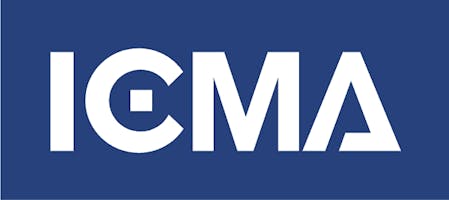Equity

What is Equity?
A Practical understanding of equity, equality, and the potential for conflict in how these values relate to public finance and budgeting.

The Basics of Equity in Budgeting
What is the definition of "equity," why it’s important to understand the concept for budgeting, where does the concept face challenges , and how it might realistically be applied

GFOA Financial Foundations Framework
Financial Foundations Framework provides an overview of the different aspects of fairness.
Financial Foundations Framework
Rethinking Police Budgeting
GFOA's Financial Foundations Framework helps define "new rules" for police budgeting that differ from the traditional budget process’s norms. These new rules are better suited to the problems local governments are dealing with.
Financial Foundations Framework
Imposed Fee and Fine Use by Local Governments
GFOA has released a new research report that provides tools for local government finance officers to use in evaluating their own existing policies, along with guidance and policy templates for drafting new policies.
Leadership, Ethics, and Trust
Trust and Ethics
GFOA's Code of Ethics shows us how to live values related to trust. It recognizes that people are imperfect and that we are all subject to biases that can challenge ethical behavior. The Code asks the members of government finance offices to confront these challenges in order to serve our communities to the best of our abilities.

GFOA Code of Ethics
GFOA's Code of Ethics shows to live values that promote trust. It recognizes that people are imperfect and that we are all subject to biases that can challenge ethical behavior. The Code asks the members of government finance offices to confront these challenges in order to serve our communities to the best of our abilities.








